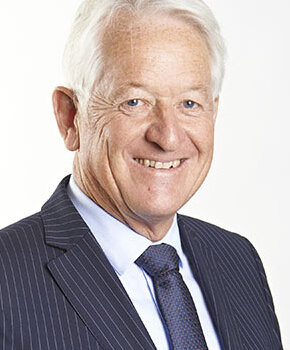
The government has change on its mind and is rolling out a major shake-up of public services, writes Waikato Regjonal councillor Andrew Macpherson.
Local government, resource management, three waters, health, education, and other sectors, all of which have significant local implications, are in the government’s sights for change.
I’m on the record as supporting the work being done to review the Future of Local Government. This work is an independent Ministerial review which commenced in April. The review is being done by an independent panel who have recently released their interim report.
At the Waikato Regional Council (WRC) we are keen to support this work and agreed on a set of 17 working principles to guide our engagement with the review panel. In this article I will introduce you to a few of these principles.
WRC want to see effective partnerships with iwi/Māori and central government which are supported and appropriately resourced. We value effective partnerships with iwi/ Māori and are keen to advocate to the Crown to fully fund Treaty of Waitangi settlements in perpetuity as required by settlement arrangements (as legislated).
My view is that central government hands down too many responsibilities (mandates) to councils with no money provided to pay for the extra work, meaning we must increase our rates, which we strongly object to.
There needs to be more clarity of roles and responsibilities in local government so that it is simple for the community to know who is accountable for what. Duplication of roles and oversight amongst Regional and District Councils needs to be avoided. Our council wants to see local democracy protected in a way that provides for diversity of our region. Its obvious from the current political commentary, for example around the planned three waters reforms, that local democracy and representation is valued very highly.
The voter turn-out at the last local government elections demonstrated the lack of interest in the electoral process. Our council believes in the principle that the electoral processes should be well resourced and that there are opportunities to achieve significant increases in interest, engagement, and diversity
The final two principles I would like to mention involve customer service and performance management of elected representatives.
WRC believe local government should be appropriately resourced with customer service at its core, and that new technology and data is shared and used to improve efficiency and effectiveness for communities generally. Rationalisation of back-office systems when done well should drive down the costs of service and improve service levels.
You don’t have to look far to find examples of elected representatives behaving poorly. We believe the local government review should put forward ideas on effective performance management strategies for elected representatives. These councils are complex businesses and need governance teams where each elected member is contributing to make the council as effective and efficient as they can be.
For more details go to waikatoregion.govt.nz/principles-for-lg-review
Both Stu Kneebone, 021 943 055, and I, 021 932 624, are keen to discuss any of the matters in this article.








